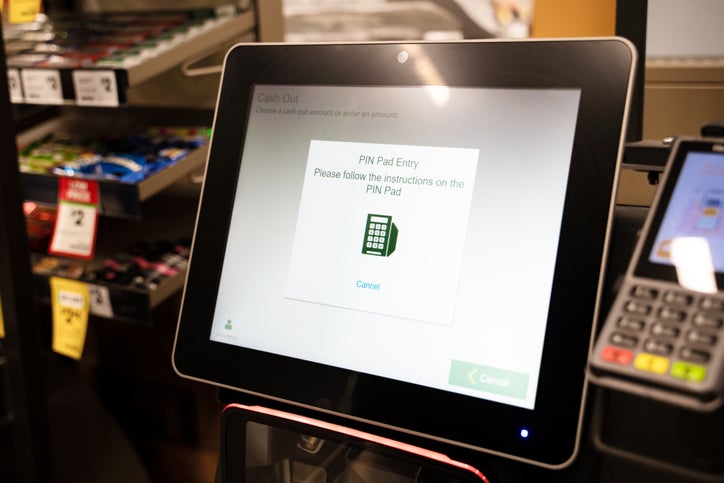
Last year, the number of fixed broadband subscribers passed one billion worldwide for the first time ever. However, this does not guarantee broadband speed fast enough to cope with communication, entertainment and business needs.
Using data gathered by M-Lab, cable.co.uk analysed 276 million broadband speed tests to determine which country has the fastest broadband.
Thanks to the roll-out of FTTP (fibre to the premises), in many countries, the top of the table is dominated by Europe, with 47 of the top 50 countries part of Europe. ten in Asia & Pacific, two in North America and just one in Africa.
The top spot was claimed by Taiwan, due to a mixture of broadband technologies and a mass uptake of fibre broadband. This was closely followed by Singapore, which has seen significant infrastructure development in FTTP.
In third place was Jersey, which despite its small size has risen quickly up the ranks after making FTTP available to every broadband user. Sweden came in forth, with 60% of properties having access to broadband speeds of 1Gbps.
At the other end of the scale, 141 countries did not achieve speeds of 10Mbps, the speed the Ofcom deems the base speed needed to handle the minimum requirements of a family or small business.
How well do you really know your competitors?
Access the most comprehensive Company Profiles on the market, powered by GlobalData. Save hours of research. Gain competitive edge.

Thank you!
Your download email will arrive shortly
Not ready to buy yet? Download a free sample
We are confident about the unique quality of our Company Profiles. However, we want you to make the most beneficial decision for your business, so we offer a free sample that you can download by submitting the below form
By GlobalDataAfrica is behind the rest of the world when it comes to broadband provision, predominantly reliant on wireless connectivity rather than cable. The Arab States were also identified as having room for improvement, with 21 countries from the region in the bottom 100.
Despite Europe’s high speeds, the UK comes in at 34th place, with an average speed of 22.37Mbps, slower than two thirds of other EU countries.
This is largely due to a delay in the uptake of FTTP, with the UK currently playing catch-up with other European countries. Cable.co.uk warns that this could see the country fall further down the rankings in the years to come.
Global average broadband speed is rising rapidly
The study also examined global broadband speeds as a whole. The average speed worldwide is rising rapidly increasing from 9.14Mbps in the 12 months to 10 May 2018 to 11.03Mbps in the 12 months to 8 May 2019.
However, this growth has not been evenly spread, with the top 100 countries gaining 4.08Mbps, while the bottom 100 have only had a speed increase of 0.47Mbps, suggesting the gap between those with fast broadband speeds vital for mass communication and business, and those without, is widening.
Dan Howdle, consumer telecoms analyst at Cable.co.uk believes that this could create an even larger global divide in broadband connectivity and speed:
“With average broadband speeds rising by 20.65% in the last year the global picture looks rosy. But the truth is faster countries are the ones lifting the average, pulling away at speed and leaving the slowest to stagnate. Last year, we measured the slowest five countries at 88 times slower than the five fastest. This year they are 125 times slower.
“Europe and parts of Asia are dominating the leader board once again thanks to largely excellent infrastructure. In all cases, those countries ranking highest are those with a strong focus on pure fibre (FTTP) networks, with those countries dawdling too much on FTTC and ADSL solutions slipping further down year-on- year.”
Read more: UK customers could receive an automatic payout for bad broadband service






